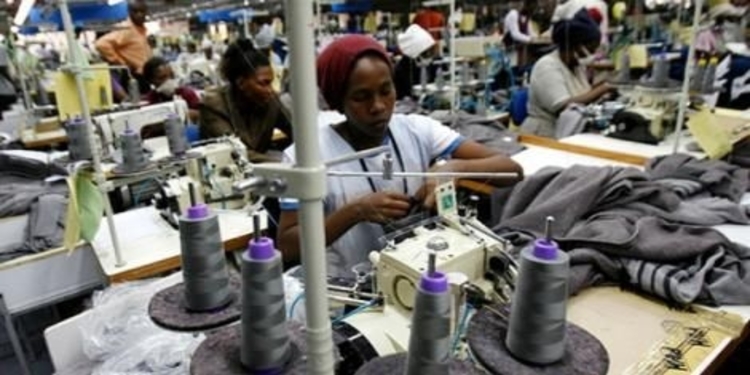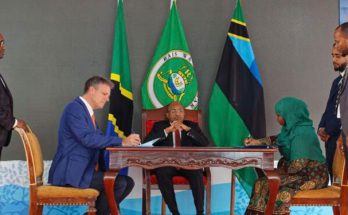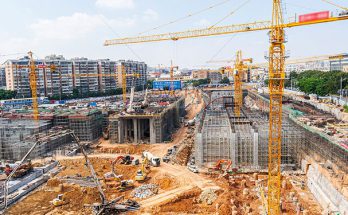 Basra Textiles Ltd, a Kenyan company, is constructing a $51.3 million facility in Zanzibar in order to tap into the region’s clothing industry.
Basra Textiles Ltd, a Kenyan company, is constructing a $51.3 million facility in Zanzibar in order to tap into the region’s clothing industry.
The plant, which President Samia Suluhu Hassan inaugurated this week, is expected to give a boost to Tanzania’s textile industry, which has the potential to become a major sourcing destination for overseas buyers.
Basra Textiles is eyeing export markets across East and Central Africa with its plant in the Chunguni area of Zanzibar, according to Ahmed Othman, the company’s chief executive officer.
According to current global data, the global textile business was valued at $920 billion in 2018 and is expected to reach $1,230 billion by 2024.
Tanzania, which has duty-free market access to the United States and the European Union thanks to the African Growth and Opportunity Act (Agoa), imports the majority of its textiles from China, India, Pakistan, and Korea, among others, according to government data.
Domestically, the country’s few locally processed fabrics (Kitenge and Kanga) are utilised and sold to Kenya, Rwanda, Malawi, and the Democratic Republic of Congo, as well as China.
As a result of the Agoa and EU agreements, Basra Textiles Li is seriously considering the EU and US markets.
The African Continental Free Trade Area (AfCFTA), which took effect on January 1st of this year, has given Basra Textiles access to new markets.
This is because the AfCFTA demands member countries to lower tariffs on goods traded within the region by 90%, in addition to allowing capital and people movement and taking steps toward forming an Africa-wide Customs union.
Mr. Othman stated that the facility will be built in three phases, with a total of 1,600 people being directly employed upon completion in 2024.
“It will create 250,000 metres of polyester every day, or seven million metres per month,” he claimed.
He stated that in addition to Khanga and Kitenge, the company will create beds, among other things.
“We intend to sell our products in the United States, the East African Community, Central Africa, and Europe,” he said.
He stated that the first phase entails building maintenance and repair as well as machinery installation, whereas the second phase entails purchasing cotton and later producing fabric. The third phase will include the construction of a tailoring factory as well as the repair of 500 tailoring machines.
Mr. Othman stated that at that point, clothing production will begin, and the number of jobs created by the factory will increase.



